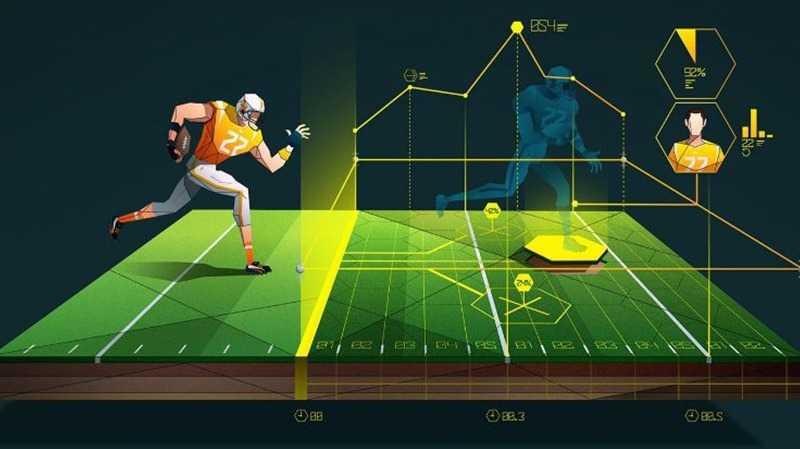The Pursuit of Perfection: The Role of Sports Officiating Technology

The relentless quest for fairness and accuracy in competition has driven the adoption of Sports Officiating Technology. This specialized field encompasses a wide array of tools designed to assist, support, and in some cases, automate the decisions made by referees, umpires, and judges. From the goal-line technology that definitively confirms whether a ball has crossed the line in soccer to the video review systems like VAR (Video Assistant Referee) that scrutinize complex plays, these innovations aim to eliminate clear and obvious errors that can alter the outcome of a game. By providing officials with data-driven insights and multiple camera angles, this technology serves to uphold the integrity of the sport, ensuring that results are determined by the skill of the athletes rather than human error in officiating.
The integration of these systems has a profound impact on the entire sporting ecosystem. For officials, it provides a crucial safety net, reducing the immense pressure of making a split-second, game-deciding call correctly. For players and coaches, it offers a mechanism to challenge and rectify perceived mistakes, fostering a greater sense of justice on the field of play. Fans, both in the stadium and watching at home, experience a new level of engagement and transparency. While debates about the implementation and potential disruption to the flow of the game persist, the technology adds a layer of drama and certainty to the broadcast, with the review process itself becoming a point of intense discussion and anticipation, ultimately enhancing the overall viewing experience.
However, the adoption of officiating technology is not without its challenges. The significant financial investment required for hardware, software, and personnel can be prohibitive for smaller leagues and less popular sports. Furthermore, there is an ongoing debate about striking the right balance between technological precision and the traditional "human element" of officiating. Critics argue that over-reliance on technology can lead to a sterile, stop-start game experience, while proponents maintain that sacrificing a small amount of flow is a worthy price for ensuring a fair result. As the technology continues to evolve, the central challenge for sports governing bodies will be to implement these powerful tools in a way that enhances the game without fundamentally altering its spirit.
- Art
- Education et Formation
- Crafts
- Sciences et Technologies
- Economie
- Politique
- Actualité
- Littérature
- Divertissement
- Histoire
- Health
- Actualité
- Shopping & Commerce
- Music
- Agriculture & élevage
- Voyage et Evènementiel
- Beauté & esthétique
- Religion
- Festival
- Sports
- Fête
- Musique
- Autres



